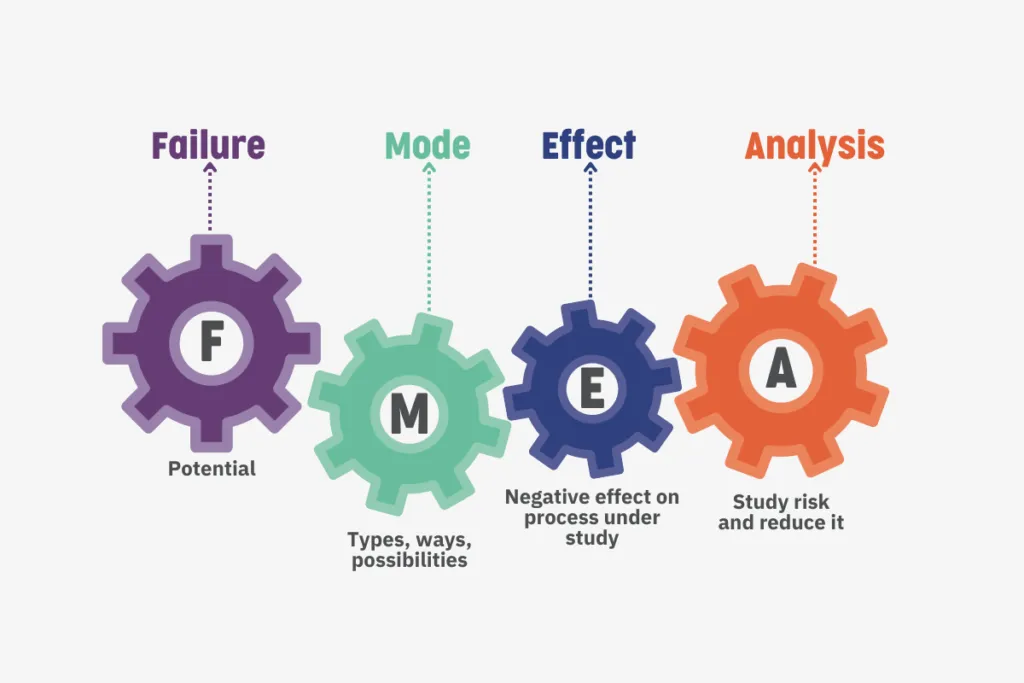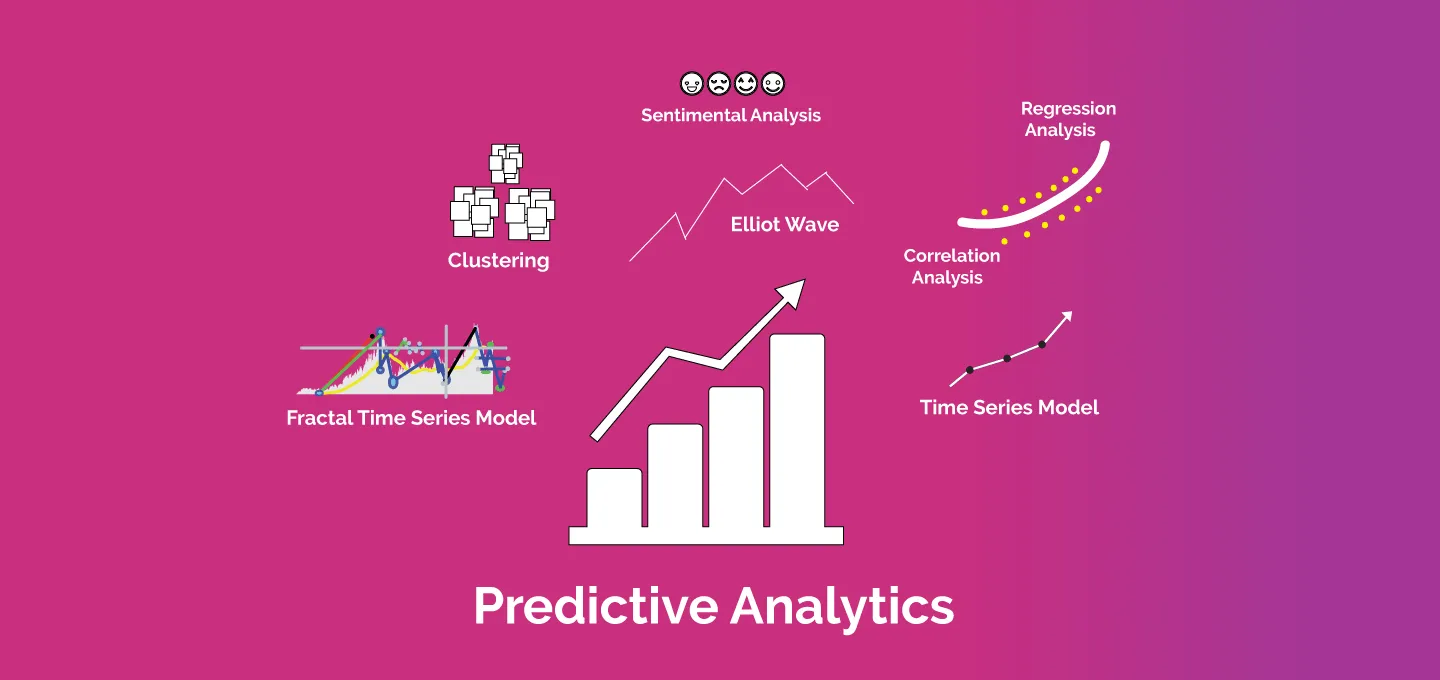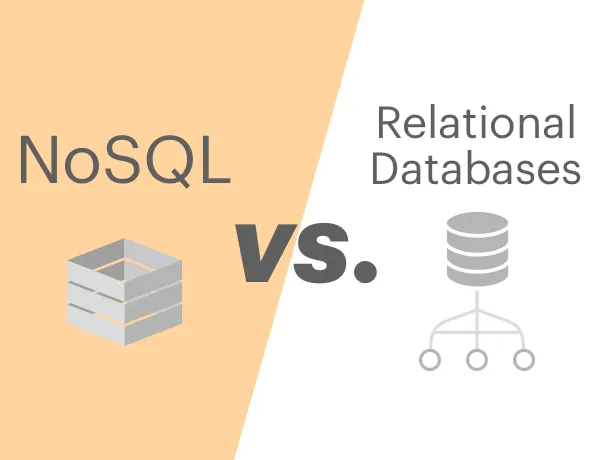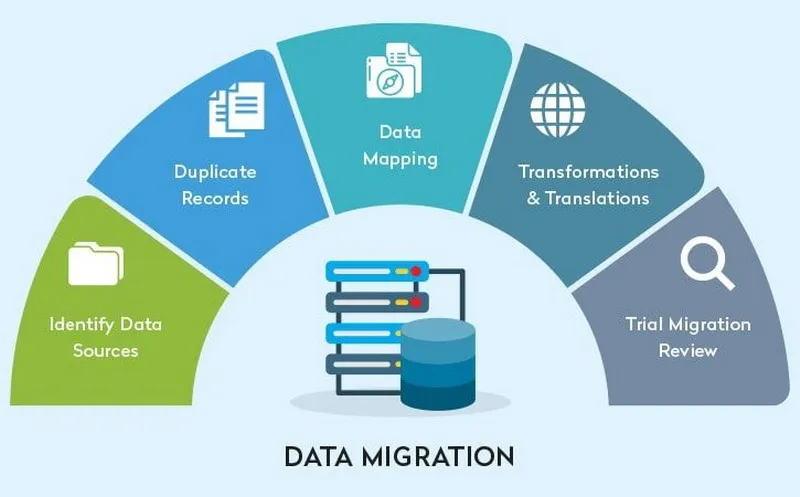Cloud services – what they are and what they are used for
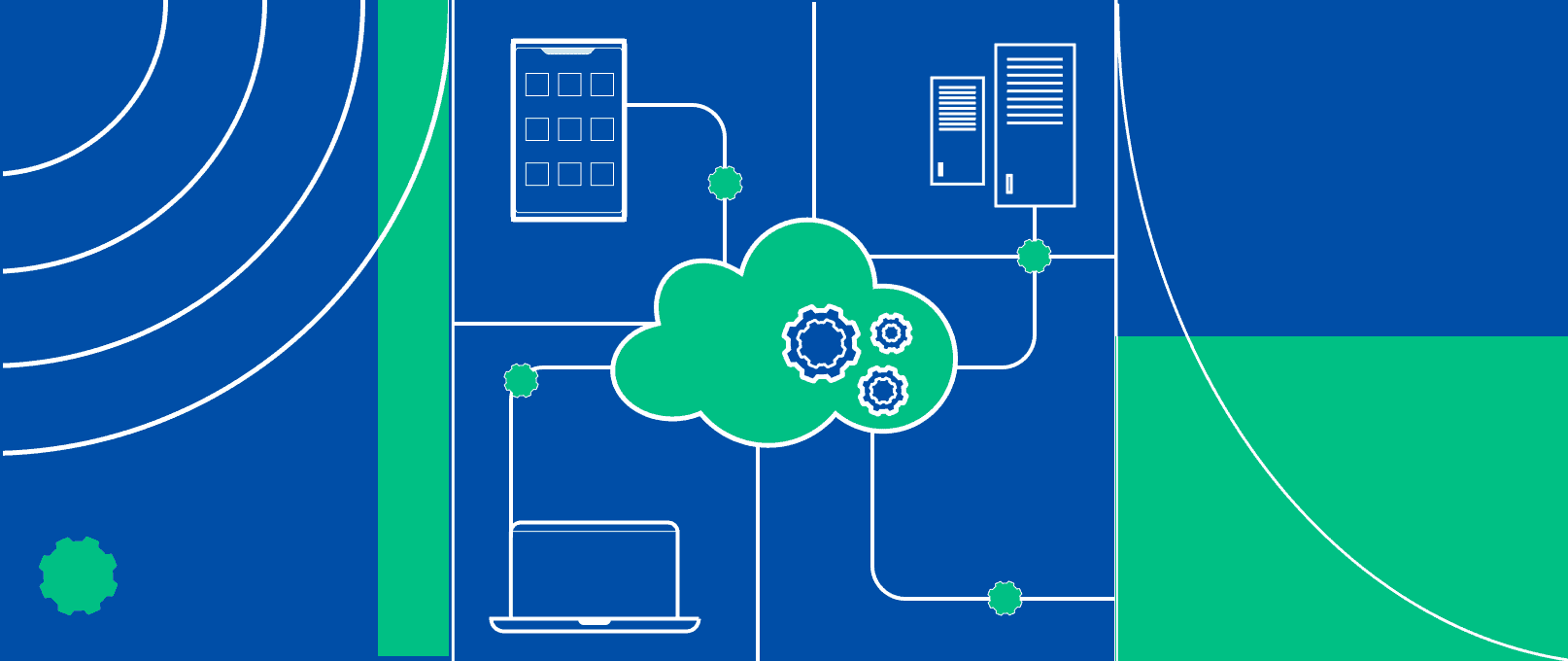
Information technology has become a part of everyday life, and we are increasingly faced with the concept of “cloud”. But the understanding of this term may vary depending on the context and views of users. In the most common interpretation, the cloud refers to an environment that provides convenient access to applications, content and data from resources that are of secondary importance to the user.
Cloud infrastructure is an environment in which virtual machines (VMs) can be deployed remotely. It is based on physical servers and a hypervisor, software that allows you to manage virtual machines on a physical server. The hypervisor creates a virtual environment that isolates each VM’s operating systems and applications from the others, allowing them to operate independently. It emulates hardware resources and manages virtual machines’ access to physical resources such as processor, memory, disk space, and network.
We will look at the different forms of cloud services and their capabilities. We’ll learn what infrastructure as a service (IaaS), platform as a service (PaaS), and software as a service (SaaS) are, and how each can be used in different fields and industries.
What are cloud services?
Cloud services are a technology that provides access to computing resources, data storage and applications over the Internet. They are based on a virtual infrastructure, which consists of remote servers and special software that allows you to manage this infrastructure. The essence of cloud services is to provide access to computing power and infrastructure via the Internet. There are several types of cloud services, the most common of which are: IaaS (Infrastructure as a Service), SaaS (Software as a Service) and PaaS (Platform as a Service).
The operation of cloud services is based on remote data storage and information processing on remote servers, which frees users from the need to have physical infrastructure on their devices. Cloud services allow you to quickly scale and update resources, provide high performance and operational efficiency.
Cloud services can reduce infrastructure and maintenance costs, since users can rent only those resources that they really need. This is especially important for small companies and startups that can avoid large investments in their own servers and software. Cloud services also provide flexibility and scalability, allowing users to scale up or scale down resources to suit their business needs.
The capabilities of cloud services cover several use cases. They allow you to store and process data, run and scale applications, collaborate on projects and exchange information in real time. Cloud services also have high availability and fault tolerance, which ensures the functioning of business processes and data protection.
The use of cloud services is not limited to the business sector. Individuals can also use cloud services to store and share personal data, back up photos and documents, stream music and videos, and access apps and games across devices.
Cloud services have become part of the modern information world, providing the user with flexible and convenient solutions for storing data, developing applications and performing computing tasks. They change the approach to resource management and open up new opportunities for users.
Types of cloud services
Let’s explain what each type of cloud service is:
- Infrastructure as a service (IaaS) offers the ability to rent virtual infrastructure, including virtual servers, data storage, and network resources. Users are given full control over the operating systems and applications deployed on virtual machines. They can scale resources according to demand, paying only for the resources they use. IaaS allows companies to avoid physical infrastructure costs and focus on application development and deployment.
- Platform as a service (PaaS) allows developers to build and deploy applications without the need to manage infrastructure. It provides an environment and tools for application development, including servers, databases, development and monitoring tools. PaaS allows developers to focus on building application functionality, bypassing the tasks of setting up and managing infrastructure. This reduces development time and simplifies the application lifecycle.
- Software as a service (SaaS) provides ready-made applications available over the Internet. Users do not need to install or maintain applications on their devices, but access applications through a web interface or client application. Examples of SaaS include email, customer relationship management (CRM), accounting and financial systems, project management, and other business applications. SaaS allows users to use applications without having to worry about infrastructure and provides the flexibility to access applications from different locations and devices.
You can read more in the article about IaaS, SaaS and PaaS. Next, we’ll look at how cloud services help for different tasks.
Cloud services for business
In modern business, more and more companies are turning to cloud-based Internet services to improve the efficiency and flexibility of their operations. Cloud web services provide a flexible solution for storing and processing data, as well as for running applications on remote servers.
Benefits of using cloud services for business.
- Cloud services have their own staff of specialists who will maintain the infrastructure. Therefore, clients do not need to have a specialist responsible for this task.
- Cloud services allow companies to avoid the costs of physical hardware and infrastructure. They can rent only the amount of storage they need and pay only for the resources they use. This reduces capital investment and operating costs.
- Cloud services provide scalability and flexibility. Companies can easily scale up or down storage capacity and infrastructure resources based on business needs.
- Cloud services have multi-level data protection mechanisms, including encryption, authentication and authorization systems, as well as data backup and recovery. This allows companies to be confident in the safety and integrity of their data.
- Cloud storage services offer convenient tools for collaboration and information exchange. Teams can easily collaborate on projects, share files and documents, and have discussions in real time. This improves the efficiency and productivity of business processes.
Business cloud services, including cloud storage services and cloud Internet services, provide companies with flexible tools for storing, processing, and managing data. They help reduce costs, improve data security, and improve collaboration within an organization.
Cloud computing services
Cloud services provide flexibility, scalability and efficiency in the use of computing resources. Users can rent and use only the resources they need and scale as their project needs grow. This allows you to avoid the cost of purchasing and maintaining your own physical equipment, as well as optimize the use of resources.
Cloud technology services offer several cloud computing models:
- Public Cloud:
In a public cloud, companies and private users can rent computing resources from a cloud provider. Resources are shared among users and accessed via the Internet. The public cloud provides flexibility and scalability of resources, and also offers various services and capabilities such as data storage, virtual machines and pre-installed applications. - Private Cloud (VPC):
A private cloud is an infrastructure built for use by a single organization. It can be deployed on the organization’s internal infrastructure or rented from a specialized provider. A private cloud offers a high level of control, security, and data privacy because it is used by only one customer. It can be fully managed by the organization or combine some services with the public cloud (hybrid cloud). - Hybrid Cloud:
Hybrid cloud combines public and private clouds, providing the ability to run both models simultaneously. Companies can use the public cloud to scale resources and temporary workloads, while also using the private cloud for more sensitive data and specific security requirements. Hybrid cloud offers the flexibility to allow organizations to customize and optimize resource usage based on their needs.
Cloud computing services are becoming increasingly popular because they allow organizations to focus on their core business without the hassle of managing infrastructure and resources.
Gaming cloud services
Cloud services also allow users to play video games without downloading them to their devices and stream them over the Internet from remote virtual servers.
Cloud gaming services operate on the principle of remote processing and streaming of game content to user devices. Instead of requiring powerful gaming PCs or gaming consoles, users can connect to the cloud through their desktops, laptops, smartphones, or other devices.
Cloud gaming services also offer high levels of graphics performance. Due to the large resources of servers and GPUs, games are streamed in high resolution and without noticeable latency, ensuring high gaming quality. This is especially important for graphics-intensive games that require a lot of processing power.
Cloud services for video surveillance
Cloud video surveillance services allow organizations and individuals to effectively monitor and manage video surveillance systems through a cloud platform. These services provide the ability to record, store, view and analyze video materials from remote cameras via the Internet.
The main idea of cloud services for video surveillance is that video files and streams from cameras are transferred to remote servers, where they are processed and stored. Users can access their video footage and control the video surveillance system through the web interface or mobile applications, regardless of location and time.
Cloud video surveillance services also offer additional features and capabilities. For example, they can include analytics tools for motion detection, facial recognition, people counting and other parameters, allowing you to automate monitoring processes and ensure more efficient use of video footage.
Cloud services for 1C
Cloud services also allow users to work with the popular 1C enterprise management system through a cloud platform. Services provide flexible access to 1C functions, eliminating the need to install and configure software on local computers.
1C cloud services in the cloud offer additional functions and capabilities. For example, they may include integration with other cloud services and applications, analytical tools for reporting and data analysis, and the ability to automatically back up data and system updates.
Cloud services in Russia
Cloud services in Russia represent a rapidly developing segment of information technology. In the context of sanctions, when Russian consumers are faced with restrictions on purchasing and renewing licenses for foreign software, the transition to domestic developers becomes especially relevant.
One of their features is the development of internal cloud infrastructures and services by providers that meet the requirements of the legislation of the Russian Federation on data storage in the country. This is due to the desire to ensure data security and control over its storage.
There are a number of cloud service providers in Russia. for example like Serverspace, offering a variety of services. They provide computing resources, data storage, virtual machines, application development tools, analytics services, and much more.
Serverspace is one of the cloud service companies in Russia, providing users with the opportunity to independently deploy infrastructure in the cloud. Using an intuitive control panel, you can quickly create a VPS server and configure a network. The provider offers flexible configurations that can be configured using a calculator. Users can select the operating system, server location, number of vCPUs, amount of RAM, SSD and channel width. External traffic is not charged. Ready-made cloud servers with the selected configuration are deployed in less than a minute using the vStack hyperconverged virtualization platform.
The provider offers the opportunity to deploy servers in one of 7 data centers where the equipment is located. These include the DataSpace data center in Moscow, which complies with the requirements of 152-FZ.
Cloud Solutions Serverspace helps startups, IT teams, SMBs, and programmers and developers deploy and manage cloud infrastructure in the cloud.


